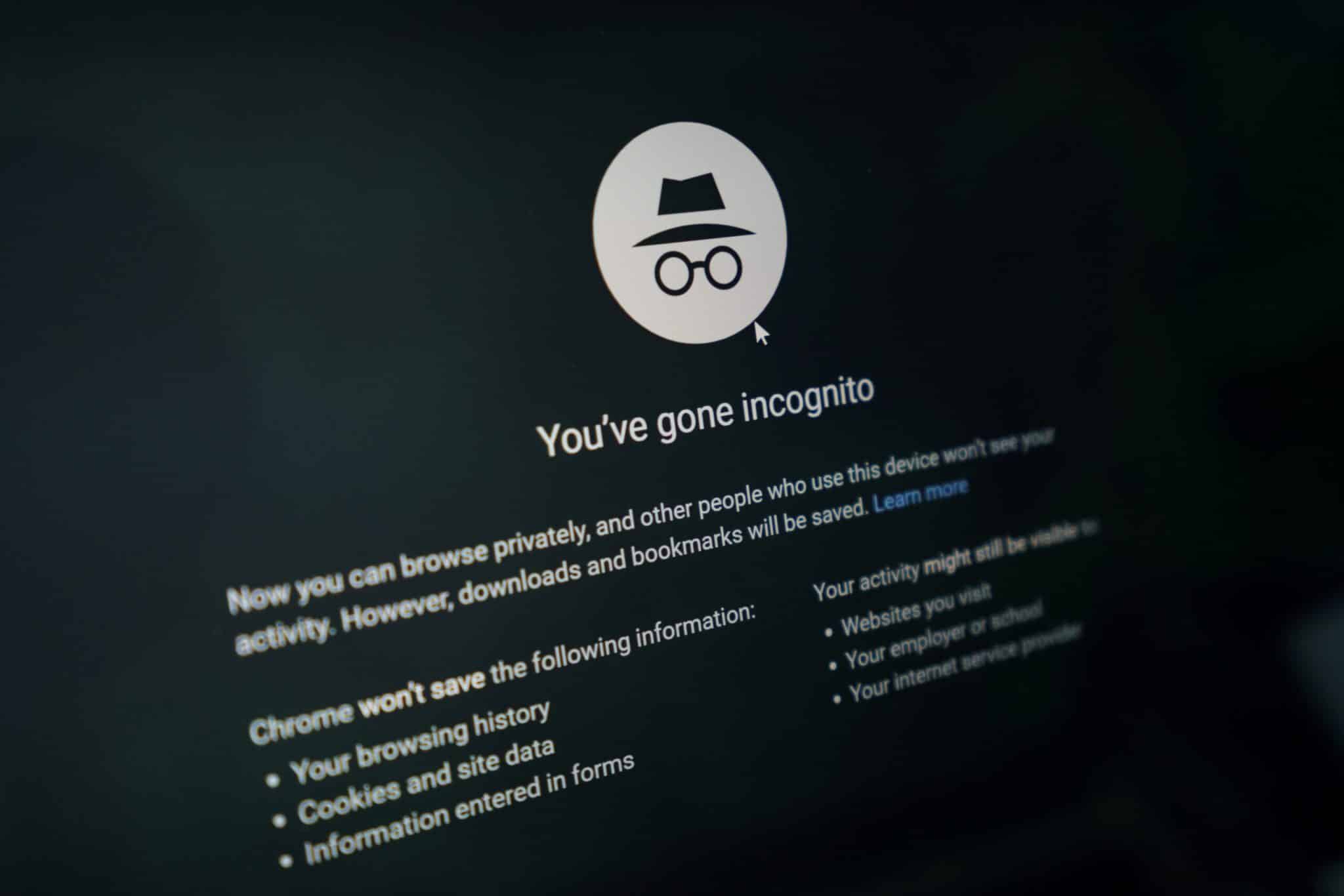Business
Browsing In Incognito Mode Doesn’t Protect You As Much As You Might Think

NEW YORK — Although a private surfing mode known as “Incognito” in Google’s widely used Chrome browser has been accessible for than a decade, a legal settlement surrounding how it works has renewed interest in this widely available setting.
The settlement, announced Monday before a federal court, is primarily intended to assure that users who utilize Chrome’s Incognito mode have more privacy while browsing the internet than they did previously.
Although Google is not paying any money to consumers, the lawyers who launched the action in June 2020 estimate that the stricter safeguards will be worth $4.75 billion to $7.8 billion, depending on the projected value of the personal information included by the settlement.
Almost every major browser now has a private browsing option. Here’s a breakdown of what they do and don’t do for surfers.
Browsing In Incognito Mode Doesn’t Protect You As Much As You Might Think
What does private browsing truly do?
Consider turning on your browser’s private mode for a fresh start.
As a result, all browser customization benefits will be absent. There will be no suggestions based on your history, autocomplete will be limited, and you will be required to log into your accounts.
According to the Mozilla Foundation, when you close your incognito window, your internet browser deletes your browsing history and any cookies created during that session, which means that your browser will not remember where you’ve been or store any information you entered into any forms. This type of event has its uses. For example, ensure that searches on more sensitive issues, such as health care, do not appear in your browsing history (which may prompt relevant adverts to appear). You’d like more safety when surfing or signing into accounts on public computers, such as those in libraries or hotel business centers.
What does private browsing not do?
Remember that the purpose of a private browsing mode is not to conceal the fact that you visited a website but rather that you did so from your device.
Incognito modes normally do not prevent websites from detecting your location via your IP address, nor do they prevent your internet service provider from tracking your online actions. According to the Mozilla Foundation, as long as your IP address is visible, your identity and activity are fully exposed to search engines and third parties, such as marketers, regardless of the browsing mode you use.
Browsing In Incognito Mode Doesn’t Protect You As Much As You Might Think
To demonstrate this point, Google recently agreed to delete billions of records containing personal information obtained from people who used incognito mode to browse the internet as part of a settlement in a lawsuit accusing the search engine of illegal monitoring. It also needs to include more conspicuous privacy disclaimers in its terms of service to inform users about its data harvesting initiatives.
If a federal judge approves the deal following a court hearing on July 30, Google will also be compelled to implement Incognito mode. This mode will allow users to automatically block “cookies” that allow third parties to track them over the next five years.
Furthermore, any files you download, or bookmarks you make during a private session are not deleted when the session ends, leaving you vulnerable to computer viruses, malware, and keystroke loggers.
Are there any choices for more private browsing?
A virtual private network might interfere with your IP address, making it difficult for websites to follow you. However, using VPNs creates additional security concerns, particularly for users who choose a free or low-cost VPN provider that has yet to be well vetted.
Browsing In Incognito Mode Doesn’t Protect You As Much As You Might Think
Some search engines, such as DuckDuckGo, prioritize privacy and have committed never to gathering personal information or following users who type queries on their sites. Certain browsers, such as Tor, are intended to make it more difficult for third-party trackers and advertising to monitor you.
Remember that you are unlikely to be completely anonymous online even with all of these alternatives.
SOURCE – (AP)